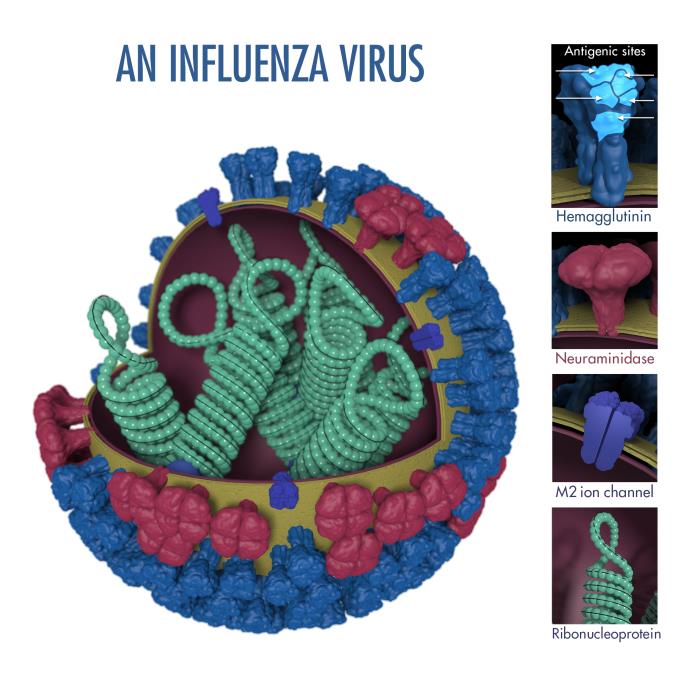The Hong Kong Centre for Health Protection (CHP) is reporting that local influenza activity continued to decrease, it is still elevated above the baseline. In the past 24 hours, Hong Kong health officials reported two additional cases of influenza-associated admission to intensive care units or death (including two deaths) among adults aged 18 or above. This brings the total since the beginning of the year to 482 influenza-associated admission to ICUs and 361 deaths.

Last week (from March 1 to 7), 57 cases (44 deaths) were recorded. Separately, a daily average of 6.1 cases (5.1 deaths) were filed in the last seven days (from March 4 to 10), compared with 8.1 cases (5.7 deaths) in the preceding seven days (from February 25 to March 3).
Concerning laboratory surveillance of the flu outbreak, the percentage positive for seasonal influenza viruses decreased from 22.3 per cent in the last week of February to 19.5 per cent last week, compared with 38.7 per cent (peak) in the last week of January and 15.4 per cent (arrival of season) in the first week of 2015 among respiratory specimens received by the CHP’s Public Health Laboratory Services Branch.
The vast majority of the cases have been due to influenza A(H3N2); however, health officials say the number of H3N2 strain is decreasing while the proportion of B is on the rise. The proportion of A(H3N2) dropped from 92.2 per cent to 86.4 per cent in the last two weeks while that of B correspondingly increased from 6.5 per cent to 10.5 per cent among influenza virus detections.
Health officials expect that Hong Kong will remain in the winter influenza season in the coming few weeks and urged the public to heighten vigilance and get vaccinated against seasonal influenza.


One thought on “Hong Kong flu activity decreasing, influenza B rising”